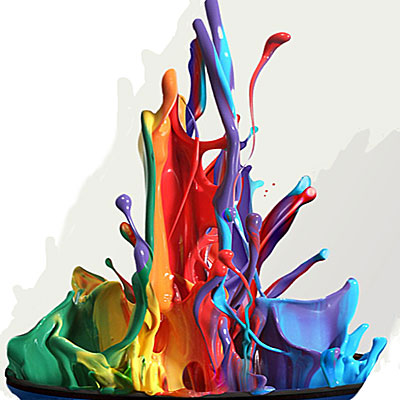Follow-up post to The Decline of Trolling.
Social media has broken down so many traditional categories (artist, critic, performer, "hacker," dickhead) that we obviously need a new set of definitions for online actors. I propose degrees of trolling, or fixing the place of the actor within a 4 dimensional troll continuum.
The following are markers to assist in this placement process:
-- "Who is the troll in this situation?" is a frequently asked question.
-- Is the troll the critic, or the person who gets 25 "likes" for flaming the critic?
-- A recent Q&A considers trolling in the narrow context of people who self-identify as net artists.
-- People who would now be called trolls if their activities were restricted to online interactions: Kathy Acker (copying), Elaine Sturtevant (copying), Andy Kaufman (stunts), Frank Zappa (stunts), Malcolm X (political theatre). This is retcon (retroactive continuity) working backwards from (i) being a jerk on Facebook to (ii) the Weev-like hacker-troll to (iii) the aforementioned troublemakers.
-- Ben Vickers suggests a spectral continuum on his twitter account: criticism, constructive trolling, mere trolling, straight up hurtful commentary, and abuse. Vickers distinguishes a troll from a critic as follows: the critic has an affirmative duty to host retaliatory comments on his own site. (Kind of like mandatory health care payments as a requirement of citizenship.)
-- The Vickers spectrum doesn't take into account trolling-as-art or trolling-as-social-media-strategy, however. Can these types of trolling be spoken of, not in moral terms such as constructive or hurtful, but rather critiqued for their effectiveness as theatre? If all art is performance, rewarded by coins in a tip jar, then the troll always makes the most money by "stirring things up." All art aspires to the condition of trolling.
More markers will be added as they occur to me.
Update: Jeffrey Deitch, now in a position of adult responsibility as head of LA MOCA, once gave a Flash Art interview where he described his early work as a '70s conceptual artist. He would start arguments out on the street, then duck into a building as they escalated, get his camera, and come back outside to take documentary photos of angry people shouting at each other (or fighting). This is the essence of trolling, and you can see it has a real pedigree in the art world.

